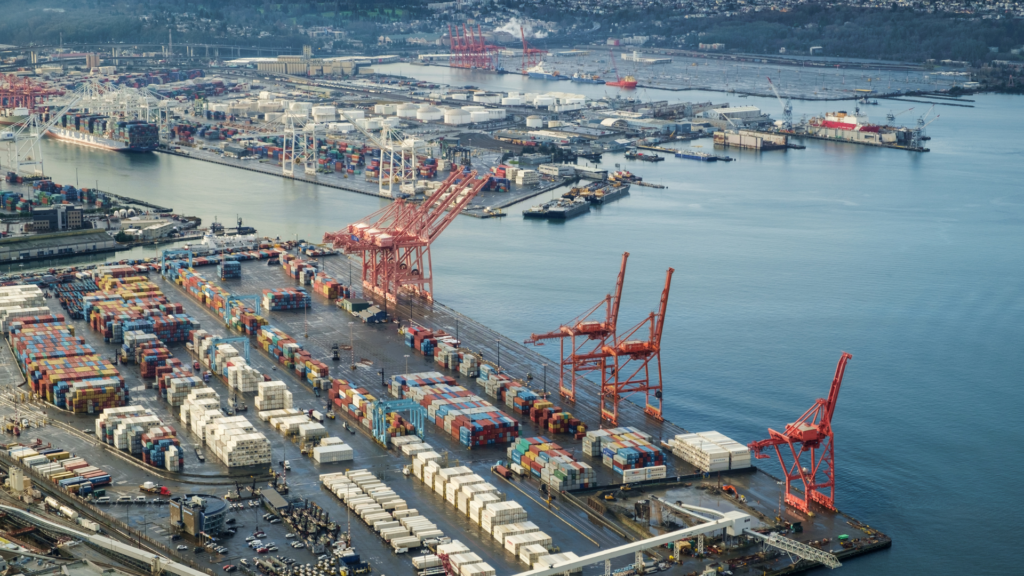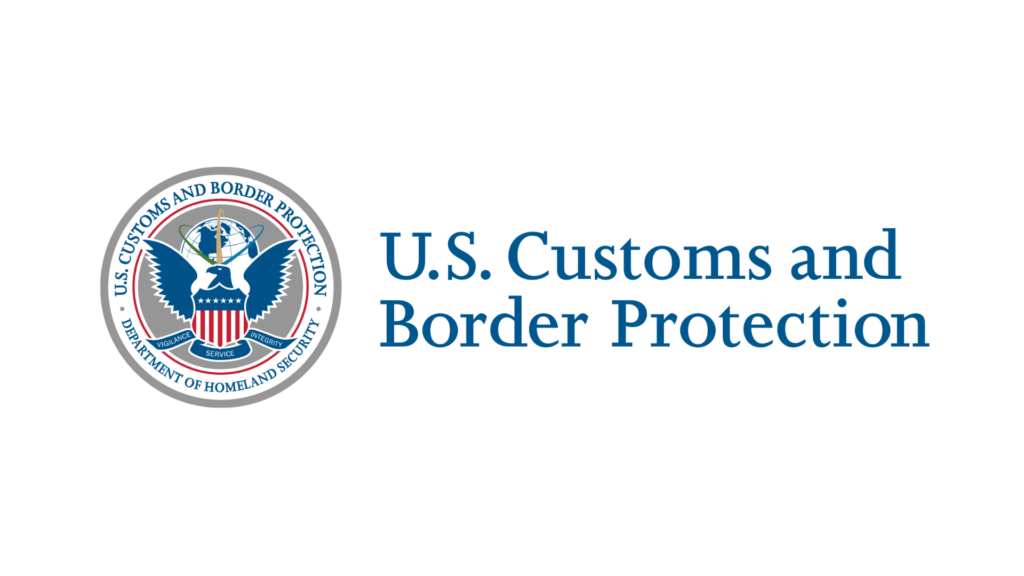Paper Plates AD/CVD, Spy Crack Down, Shipping Route Normalizing, and Resuming Israel-Bound Flights,
Your weekly All-Ways round-up of Supply Chain news.
Beginning Investigations
On February 14, 2024, the Department of Commerce initiated investigations on certain paper plates imported from China, Thailand, and Vietnam for possible antidumping and countervailing duty violations.
The investigations cover paper plates of various characteristics, including size, depth, color, printing, and material type. Paper plates subject to these investigations may be produced from any paper type. Items processed in a third country but fall within the scope are also included.
Paper plates molded or pressed directly from paper pulp, and articles with a depth equal to or greater than 1.25 inches but less than 2 inches, and with a base not exceeding 5 inches diameter for round plates and 20 square inches for any other shaped plates are excluded from the investigations. Furthermore, paper bowls, paper buckets, and paper food containers with closeable lids are also excluded.
Be aware: entries made after the investigation initiation may be subject to retroactive antidumping and/or countervailing duties.

Stopping Spyware
In an effort to crack down on China’s ability to spy on the US, the US Coast Guard announced Wednesday that owners or operators of Chinese manufactured ship-to-shore (STS) container gantry cranes will now need to meet new cyber-risk management requirements as outlined in the now available Maritime Security Directive 105-4.
Owners and operators of the cranes will need to contact their local captain of the port or district commander to obtain a copy of the directive as it contains sensitive security information.
“By design, these cranes may be controlled, serviced, and programmed from remote locations, and those features potentially leave PRC [People’s Republic of China]-manufactured STS cranes vulnerable to exploitation, threatening the maritime elements of the national transportation system,” the Coast Guard warned.
“As such, additional measures are necessary to prevent a [security incident] in the national transportation system due to the prevalence of PRC-manufactured STS cranes in the U.S., threat intelligence related to the PRC’s interest in disrupting U.S. critical infrastructure, and the built-in vulnerabilities for remote access and control of these STS cranes.”
The Coast Guard has the authority to inspect suspicious facilities and vessels and the ability to control the movement of any ships suspected of being a cyber threat to the US maritime infrastructures as stated in the executive order signed by President Biden. Vessels, ports, and terminal operators will now be required to report cyber incidents.
Nearly 80% of the STS cranes at US ports are from China. 92 cranes so far have been “assessed cybersecurity or hunted for threats”.
Adapting Accordingly
The attacks on ships in the Red Sea have caused the cost of shipping to go up by over 300%. Adding to the problem, the alternate route via the Panama Canal is experiencing droughts and reduced crossings causing shippers to take the longer route around Africa.
But, all hope is not lost. Ships ordered during the COVID surge are now entering service. Shipping companies should be able to keep up with their regular scheduling and pricing will likely soften because of all the available capacity.
Shipping capacity will increase by:
📈 9% for Maersk
📈 39% for MSC
📈 24% for CMA CGM
➡️ Consumers won’t incur too much extra costs because of the extra time, fuel, and crew costs because the industry should be able to adapt to the new situation before the busy season in the third quarter of 2024. Plus, about 30 ships are still transiting the Suez Canal daily (from 48 daily).
➡️ Since small businesses rely on spot rates, they’ve been primarily affected by the unexpected rise in rates just after rates finally fell to prepandemic levels in 2023.
Unlike during the pandemic when demand was high and there were shortages of workers, containers, and ships, the shipping industry today is more robust and will be able to pull through.

Resuming Service
Passenger and cargo services were disrupted and suspended when the Israel-Hamas war began in October.
After conducting an extensive safety analysis and working closely with security experts and government officials in both the US and Israel, United decided to begin restarting daily flights from New York and Newark to Tel Aviv. Safety protocol has been developed in consultation with the Air Line Pilots Association and the Association of Flight Attendants.
On March 2 and 4, flights from Newark to Tel Aviv will have a layover in Munich to allow service providers to effectively prepare for nonstop service with the goal of restarting direct flights to Tel Aviv starting March 6. As demand recovers, United will consider adding a second nonstop service as soon as May. Beginning in the fall, the airline will evaluate the resumption of service from San Francisco, Washington Dulles, and Chicago O'Hare.



